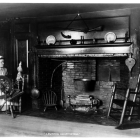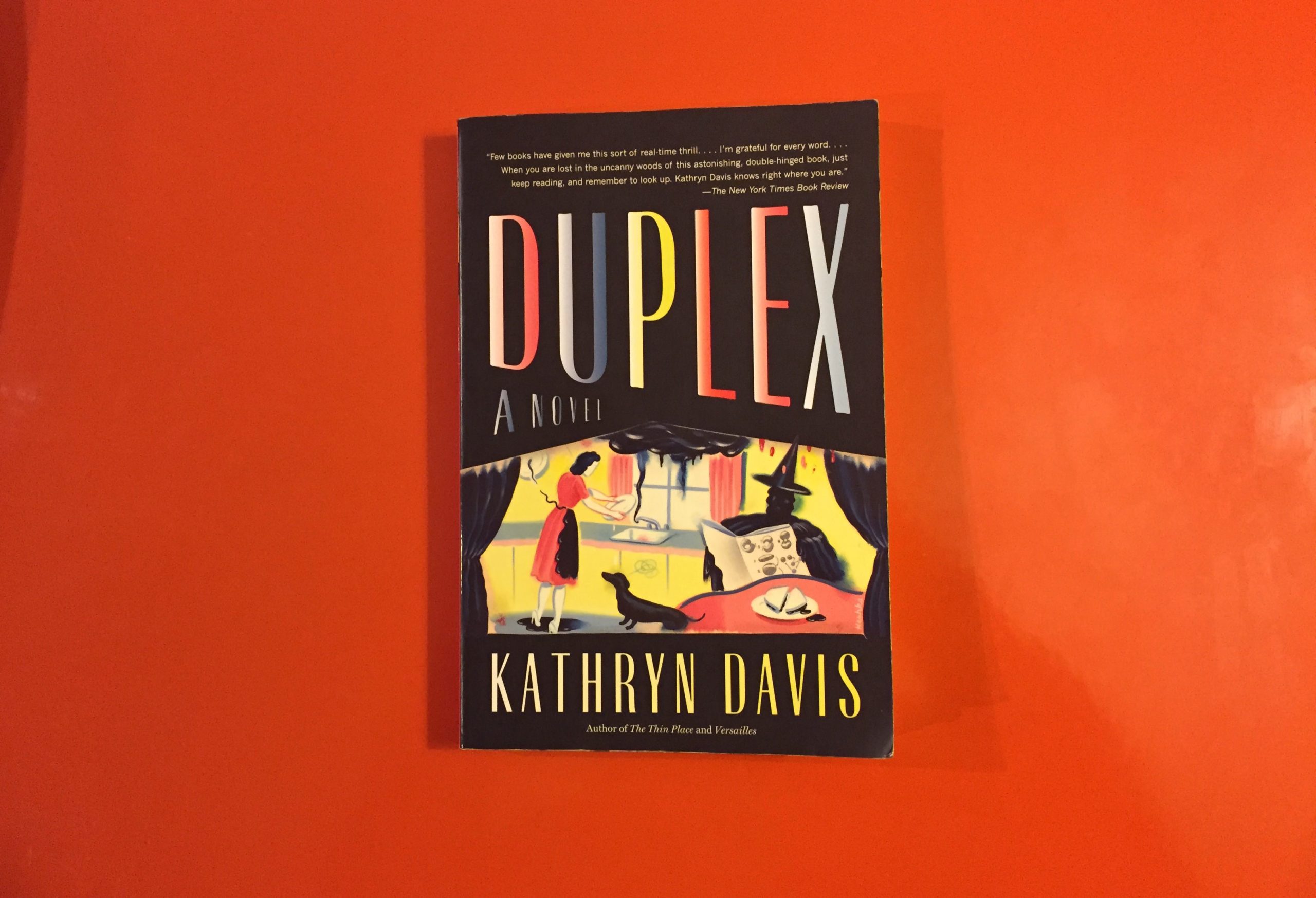The Best Short Story I Read in a Lit Mag This Week: “A Daring Undertaking” by Ashley Davidson
Who doesn’t enjoy reading other people’s mail? There’s a guilty pleasure in eavesdropping on other people’s correspondence. In “A Daring Undertaking” (Shenandoah Volume 64, Number 2) by Ashley Davidson, we’re privy to a strange collection of letters, public and private, spanning from 1856 to 1933, examining the various transgressions—both personal and private—of a mid 19th century con artist. Through these letters, the reader is asked to piece together not just the narrative and the nature of the characters, but the art of the con.
The first letter is from the protagonist, Sergeant Erastus Snow, to then U.S. Secretary of War Jefferson Davis, dated five years from the beginning of the Civil War (1856). In it we discover that Snow has taken a group of men from his post in California to acquire a group of camels from another military outfit.
“Let me first inform you of the caravan of thirteen camels and dromedaries of mixed variety, transferred safely into Fort Defiance from among the cargo of thirty-three originally landed at Indianola, Texas by the storeship Supply on the tenth day of February, 18 and 56.”
Safely, you could argue is asking for a pat on the back from a superior, which, you’ll see in a moment, is both ironic and incredibly manipulative. But also notice the verb transferred, because in the next letter, we discover an entirely different perspective on Snow’s transaction, written from Jefferson Davis’ secretary to the lieutenant in charge of the camels in Texas.
“The Secretary thanks you for your letter apprising him of the recent desertion of Sergeant Erastus Snow and the concurrent kidnapping of the Turkish handler Hadji Ali along with thirteen camels of the formerly arrived shipment and the plundering of certain staples at your post.”
Desertion. Kidnapping. Plundering. These are powerful, evocative terms. Compared to the calm and reassuring tone of Snow’s letter, they also feel a little exaggerated. In the professional sphere, a calmness and formality is often rewarded more than any flair for the dramatic, because it feels more reasonable, sensible and as such, more trustworthy. I’d hazard a guess that Snow knows this—and so does Davidson. In spite of my gut reaction that Snow probably commandeered the camels illegally, I found a part of myself rooting for him as a misunderstood hero, if only for his stronger use of professional language.
So as readers we’re asking: Is Snow a con man? Or are his deceptions simply an attempt to outwit a bumbling bureaucracy so he can better serve its grander cause? The answer comes through more letters, this time from Snow to his wife.
“Observing the particular suitability of the camels to the desert clime, I am convinced that, if bred locally, they will soon and profitably become the preferred means not only of communication, replacing the Pony Express, but also of transporting freight…It would be most shrewd of us to invest the balance of your inheritance, my dearheart, in a camel-breeding enterprise.”
…and then a letter to his mistress.
“At this very moment Nicolette (his wife) lies on her sickbed, expiring, and though my heart is heavy with the knowledge that she will soon pass from this world, I am invigorated by the vision of my triumphant return to Richmond to breakfast together on milky tea and your sweetest of sweet buns.”
We’ll forgive Snow for trying to bypass the creaking gears of government, maybe even for trying to skim a little bit off the top, but when it comes to matters of love? Not when he’s messing with people’s hearts and inheritances, and especially not with gag-inducing sentimentalities like “your sweetest of sweet buns.”
While the story moves onward to explore the various fascinating and unexpected results of Snow’s decisions as time fans out—the reign of a mythical dromedary, the discovery or strange new species of beetles—I’m left pondering the power of language to compel and coerce, not just in terms of Snow’s use of it to get what he wants, but Davidson’s use of it to get what she wants: the shifting of our loyalties from one character to another due as much to the character’s skill in language as through actual deeds. We don’t call them con engineers, or con specialists.
This says something in terms of the craft of writing. As writers, we can control our characters’ likability through the skill with which they use language. It’s often spoken that we as a species fail in that we too quickly judge appearances, but a tactful paragraph can make up for any hideous tie. In the same way, a tasteless comment can doom potential heroics.




